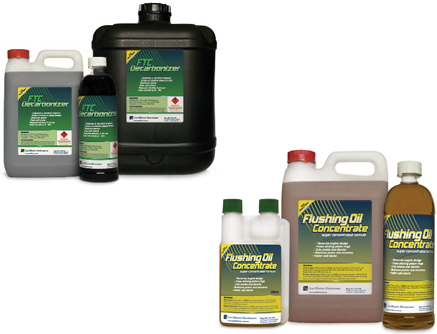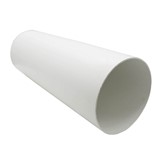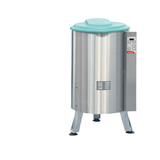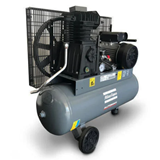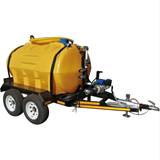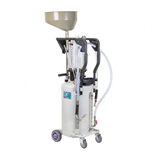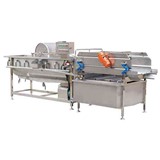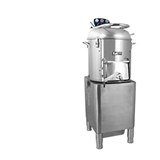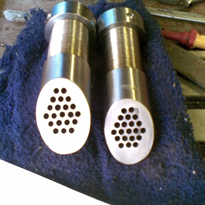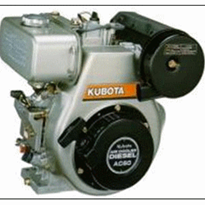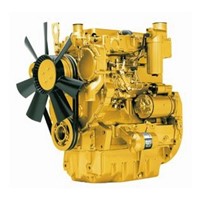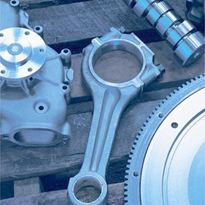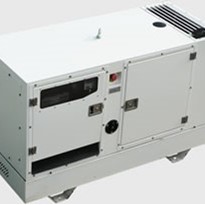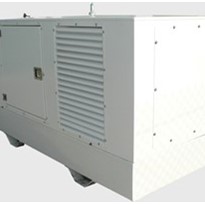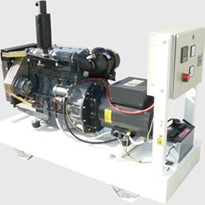However, it is some 11 times thicker than diesel fuel, and it doesn't burn as easily in the engine. It also has very different chemical properties and combustion characteristics, and can damage engines. Despite this, it can be and has been used successfully.
Although some diesel engines can run pure vegetable oils, turbocharged direct injection engines are prone to more problems. The older IDI diesel engines are generally more suitable for SVO use, especially the likes of 1980’s Mercedes, Toyotas and VWs (to name a few).
Here are a few of the problems that must be dealt with to achieve a successful outcome...
- Coking on the injector tips to such an extent that fuel atomisation does not occur properly, or is even prevented as a result of plugged orifices. This is due to the poorer atomization and combustion of the thicker SVO, and results in difficult cold starts, poor performance, smoke and short engine life. Use of FTC Decarbonizer in the fuel has been shown to provide major benefits in achieving successful results with SVO. It provides faster, easier fuel ignition. FTC actively burns off existing injector tip deposits, as well as burning the SVO much cleaner with far fewer deposits able to be formed.
- Carbon deposits throughout combustion and exhaust spaces. The FTC Decarbonizer’s effect extends throughout combustion chamber, exhaust valves & ports, and even turbochargers to deplete carbon build up, and prevent additional formation.
- Piston ring sticking. Poor combustion, combined with some blowby of the SVO fuel into the crankcase oil, progressively causes sludging, thickening and even gelling of the lube oil. This problem develops over time, and the best way to keep it at bay it is to use Flushing Oil Concentrate at every oil change. FOC’s purpose designed detergents remove all sludge, while dissolving carbon to free up sticking piston rings. Keep a close look on your oil and do regular oil changes.
- Lubricating problems. Thickening and gelling of the lubricating oil, as a result of contamination by vegetable oils, does not bode well for good lubrication. Use . at every oil change to avoid oil starvation due to blocked or constricted oil passages.
- Fungal growths in SVO. SVO contains a pretty good nutrient source for fungal and bacterial infestations to proliferate, and cause filter blockages, and damage to fuel injection equipment. FTC Decarbonizer is also formulated as a powerful and effective biocide, which solves this problem nicely.
Here are a couple of customer reports...
50 Foot boat. (Volvo powered). Trevor runs the Volvo diesel on Straight Vegetable Oil, but he also built his own system for manufacturing biodiesel from waste vege oil. He runs the engine on biodiesel at start up and before shutdown. The waste SVO runs through a cheap oil filter, which is heated in an engine coolant bath to reduce viscosity. When the engine and SVO reach stable temperature, it is switched over to run on SVO.
Trevor has now run 30,000L of waste SVO (treated with FTC Decarbonizer) through the Volvo. He quickly found that FTC is essential for clean burning of the SVO.
However, Trevor’s Volvo has now started to exhibit blowby, smoke and compression loss...caused by piston sticking. On our advice, he’s about to remove these deposits with Flushing Oil Concentrate, and so long as no serious damage has occurred, the old Volvo will burst into its former glory again.
Toyota Landcruiser 60 Series wagon. (2H diesel). An old girl, but a good honest worker, the 2H is a solid, low stressed engine, and with pre-combustion technology and inline fuel pump, a good candidate for running SVO. Another DIY’er, Vic has built the system himself. He runs the SVO tank on a swing away carrier on the rear of the Toyota. The exhaust tail pipe lines up with the SVO pre-heat tubing, which is integral with the SVO holding tank, and passes through it.
The pre-heated SVO runs through a Ryco Z9 oil filter to remove debris from the waste SVO. Naturally, the 2H starts and stops on diesel, but runs on waste SVO for the bulk of its operation. Vic’s been running this setup for a few years now, and credits FTC Decarbonizer with a major part of his success...it just doesn’t burn clean enough without it!
For more information, contact Cost Effective Maintenance:
www.costeffective.com.au
sales@costeffective.com.au
or Ph (07) 3376 6188


